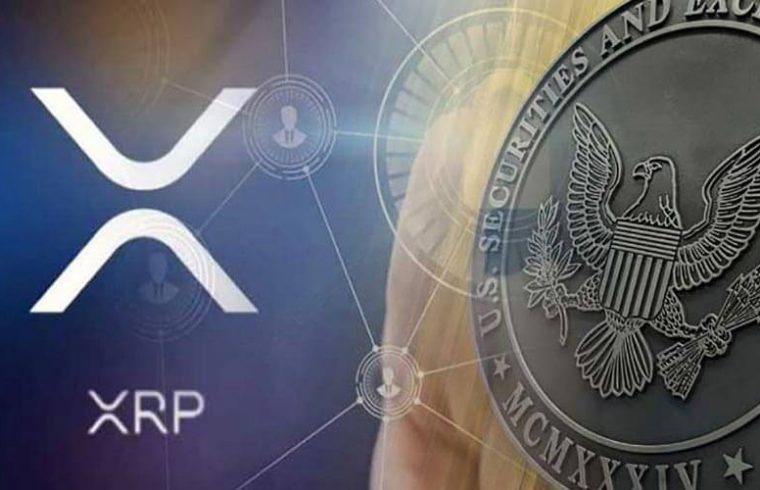The XRP lawsuit has sent ripples through the cryptocurrency market, challenging Ripple’s operations and investor sentiment. This article delves into the lawsuit’s background, its implications, and what it could mean for the future of XRP and digital currencies at large.
Introduction
XRP, the digital currency created by Ripple Labs, has been a prominent player in the cryptocurrency world. However, its journey hit a significant snag when the U.S. Securities and Exchange Commission (SEC) filed a lawsuit against Ripple Labs, alleging that the company conducted an unregistered securities offering by selling XRP. This legal battle has not only impacted Ripple but also sent shockwaves across the entire cryptocurrency market, highlighting the ongoing struggle between regulatory bodies and the rapidly evolving digital currency space.
The Heart of the XRP Lawsuit
The lawsuit, filed in December 2020, centers around the SEC’s claim that Ripple Labs raised over $1.3 billion through the sale of XRP in an unregistered securities offering. The SEC argues that XRP should be classified as a security rather than a currency, which would subject it to stricter regulatory requirements. Ripple Labs, on the other hand, maintains that XRP is a currency and should not be regulated as a security.
The outcome of this lawsuit is eagerly awaited, as it could set a significant precedent for the treatment of cryptocurrencies under U.S. law. A decision in favor of the SEC could lead to increased regulatory scrutiny of other digital currencies, potentially stifling innovation in the sector. Conversely, a victory for Ripple could pave the way for greater acceptance and adoption of cryptocurrencies.
Implications of the Lawsuit
The XRP lawsuit has had immediate and far-reaching implications for Ripple and the broader cryptocurrency market:
- Market Volatility: News of the lawsuit led to significant volatility in the price of XRP, with some exchanges delisting or temporarily halting trading of the asset. This response underscores the sensitivity of cryptocurrency prices to regulatory actions and news.
- Investor Sentiment: The lawsuit has also affected investor sentiment, with some investors becoming wary of potential regulatory actions against other cryptocurrencies. This cautious stance could slow investment flows into the sector until there is more clarity on the regulatory front.
- Regulatory Precedent: The outcome of the XRP lawsuit could influence future regulatory actions and policies regarding cryptocurrencies. A clear definition of what constitutes a security in the context of digital assets is crucial for the continued development and integration of cryptocurrencies into the global financial system.
Looking Forward
As the legal battle between Ripple and the SEC continues, the cryptocurrency community is watching closely. The implications of this lawsuit extend beyond Ripple and XRP, touching on fundamental questions about the nature of cryptocurrencies and their place in the financial system. Regardless of the outcome, the XRP lawsuit is likely to have lasting impacts on the regulatory landscape and how digital currencies are viewed by governments and regulatory bodies worldwide.
In conclusion, the XRP lawsuit represents a pivotal moment in the evolution of cryptocurrency regulation. Its outcome could shape the future of digital finance, influencing how cryptocurrencies are classified, regulated, and integrated into the global economy. As the case progresses, stakeholders across the financial spectrum remain vigilant, understanding that the ripple effects of this legal challenge will likely be felt for years to come.












